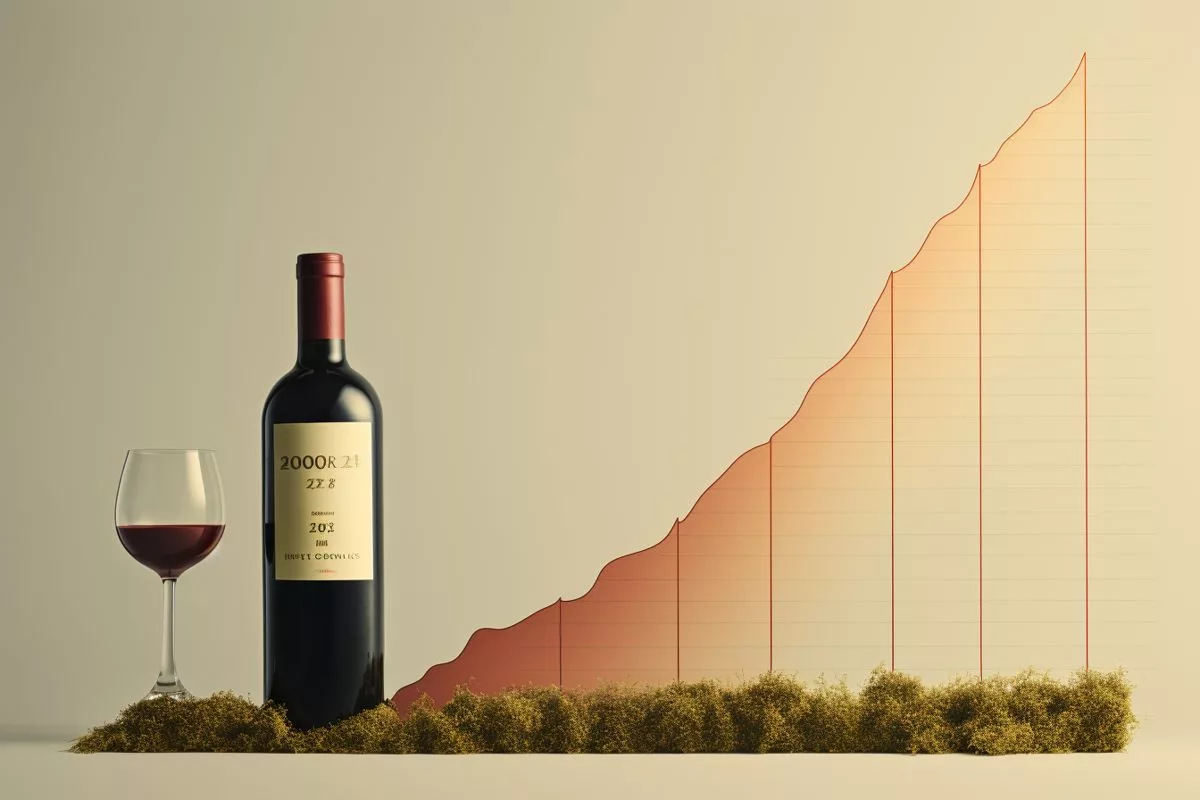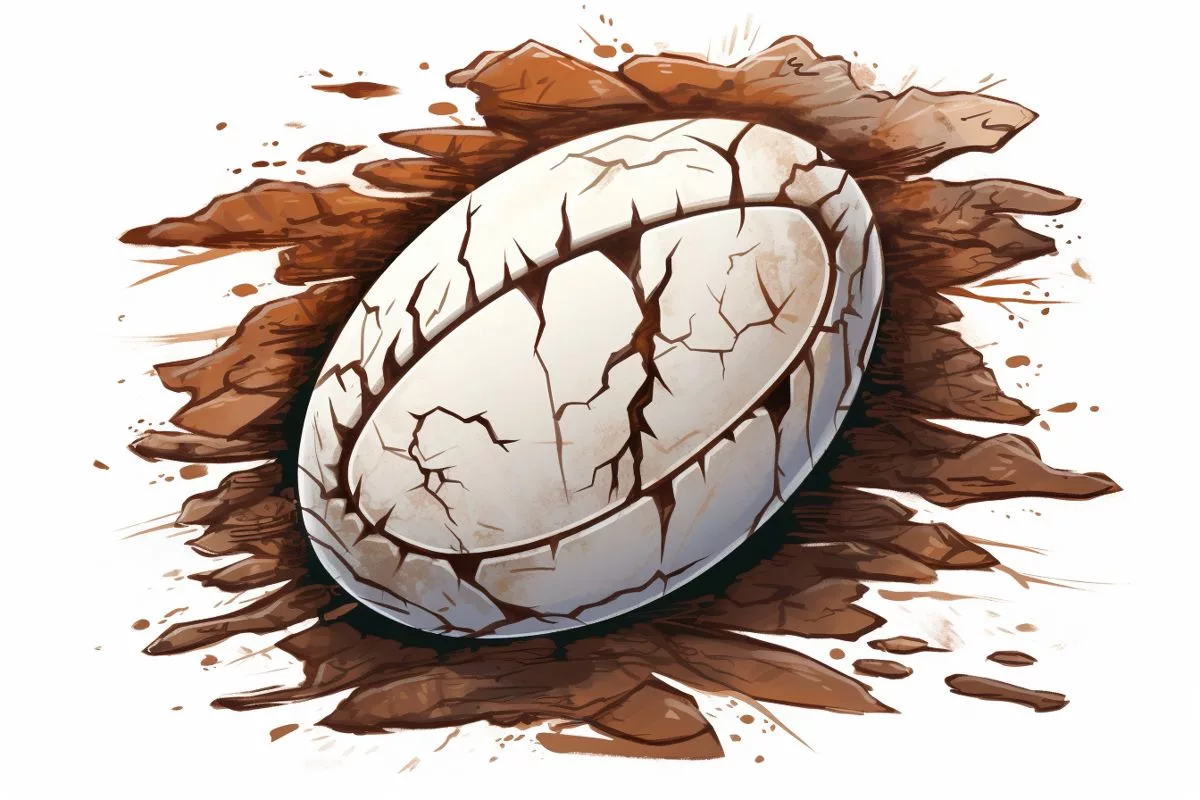Stellenbosch University has created a revolutionary wine index that showcases South Africa’s top ten premium wines. The index was created using a meticulous selection process that considered factors such as trading frequency and monetary value, as well as the expertise of wine critic Tim Atkin. This groundbreaking financial tool provides a quality-assured benchmark for investors looking to diversify their portfolio, showcasing the untapped potential of wine as a unique asset class. The index also pays tribute to the rich heritage and legacy of South African wines.
A Thorough Analysis: Constructing the Wine Index
Stellenbosch University’s wine index is a groundbreaking financial tool that showcases South Africa’s top ten premium wines. This index was created using a meticulous selection process that considered factors such as trading frequency and monetary value, as well as the discerning expertise of wine critic Tim Atkin. The resulting index is a financially secure and quality-assured benchmark that can be leveraged by investors aiming for growth.
In the scenic landscapes of South Africa, a place renowned for its production of premier wines, a visionary team from Stellenbosch University has set in motion a novel project. This ingenious blend of wine science, known as oenology, and financial knowledge, has given birth to an exquisite wine index. This index showcases the untapped potential of this esteemed beverage as a possible asset class, thus affirming the role of wine in expanding and diversifying investment portfolios.
Chief among the proponents of this pioneering venture are Dr. Mesias Alfeus, a distinguished lecturer of financial risk management from the Department of Statistics and Actuarial Science, and his honor students Anton Blignaut and Jean-Pierre Viljoen. Their comprehensive research paper, titled ‘Cheers to Enhanced Portfolio Performance: Wine as a Unique Asset Class’, unveils an innovative investment model applicable to South African premium wines. This model is a priceless addition to the investor’s arsenal, paving the way for a myriad of financial strategies.
A Thorough Analysis: Constructing the Wine Index
The research encompasses the assessment of the potential growth of an investment portfolio when South African premium wines are included as assets. By using a data set that spans five years and includes 30 premium wines, a detailed index was devised. This index showcases South Africa’s top ten wines, which were carefully chosen based on a rigorous selection process. The index was critically evaluated using the Growth-Optimal Portfolio methodology, grounded in the standard approach. The result is a promising tool that can be leveraged by investors aiming for growth.
However, shortlisting the top 10 wines was not a straightforward process. It was a meticulous task that considered integral factors such as liquidity, measured by each wine’s trading frequency, and the monetary value of the wines. The third and equally vital layer of this selection process rested on the discerning expertise of esteemed wine critic, Tim Atkin. This thorough selection approach ensured that the final wines chosen consistently delivered quality, competitive market value, and industry recognition. Consequently, the resulting index is both a financially secure and quality-assured benchmark.
Beyond Numbers: The Human Element in Wine Investments
One fascinating aspect of the study was the risk component presented by wine investments, a factor often overlooked in traditional assets. The allure of enjoying the asset one invests in can potentially disrupt typical investment strategies. This highlights the necessity for a comprehensive evaluation method, one that accounts for not just the financial aspects but also the behavioral and psychological dimensions of investing in assets that serve as sources of pleasure.
On a larger scale, this research carries significant cultural and economic implications. It underscores the crucial role of wine in shaping South Africa’s local history and identity. By formulating this wine index, the authors have accomplished more than crafting a financial tool. They have sparked a global celebration of the rich heritage and untapped potential of the South African wine industry.
Looking Ahead: A Longlasting Legacy
The authors’ ambitions stretch beyond the financial sphere. They anticipate that this trailblazing initiative will inspire additional research and investment opportunities, thereby enhancing the recognition and appreciation of South African wines in both local and international financial markets. The index is designed to be updated quarterly, offering investors a dynamic tool that adapts to the ever-evolving wine market.
Through their exploration of finance and oenology, the Stellenbosch team has created an index that provides more than just a financial asset. It also serves as a tribute to the quality and legacy of South African wines. As it currently stands, this fine wine index has the potential to revolutionize investment practices, adding a distinctive touch to portfolio diversification. It stands as a living testament to the age-old saying: nothing ages better than a fine wine.
1. What is the Stellenbosch University wine index?
The Stellenbosch University wine index is a groundbreaking financial tool that showcases South Africa’s top ten premium wines, providing a quality-assured benchmark for investors looking to diversify their portfolio.
2. How was the wine index created?
The wine index was created using a meticulous selection process that considered factors such as trading frequency and monetary value, as well as the expertise of wine critic Tim Atkin. The resulting index is financially secure and quality-assured, leveraging South African premium wines as assets for investors aiming for growth.
3. What is the significance of wine as an asset class?
The wine index showcases the untapped potential of wine as a unique asset class, expanding and diversifying investment portfolios. The allure of enjoying the asset one invests in can potentially disrupt typical investment strategies, highlighting the necessity for a comprehensive evaluation method that accounts for the behavioral and psychological dimensions of investing in assets that serve as sources of pleasure.
4. What is the cultural and economic significance of the wine index?
The wine index underscores the crucial role of wine in shaping South Africa’s local history and identity, and celebrates the rich heritage and untapped potential of the South African wine industry. It has the potential to inspire additional research and investment opportunities, enhancing the recognition and appreciation of South African wines in both local and international financial markets.
5. How often is the wine index updated?
The index is designed to be updated quarterly, offering investors a dynamic tool that adapts to the ever-evolving wine market.
6. Who were the key players in creating the wine index?
The creators of the wine index were Dr. Mesias Alfeus, a distinguished lecturer of financial risk management from the Department of Statistics and Actuarial Science at Stellenbosch University, and his honor students Anton Blignaut and Jean-Pierre Viljoen. The selection process for the top 10 premium wines was a meticulous task that considered integral factors such as liquidity, measured by each wine’s trading frequency, and the monetary value of the wines. The third and equally vital layer of this selection process rested on the discerning expertise of esteemed wine critic, Tim Atkin.












